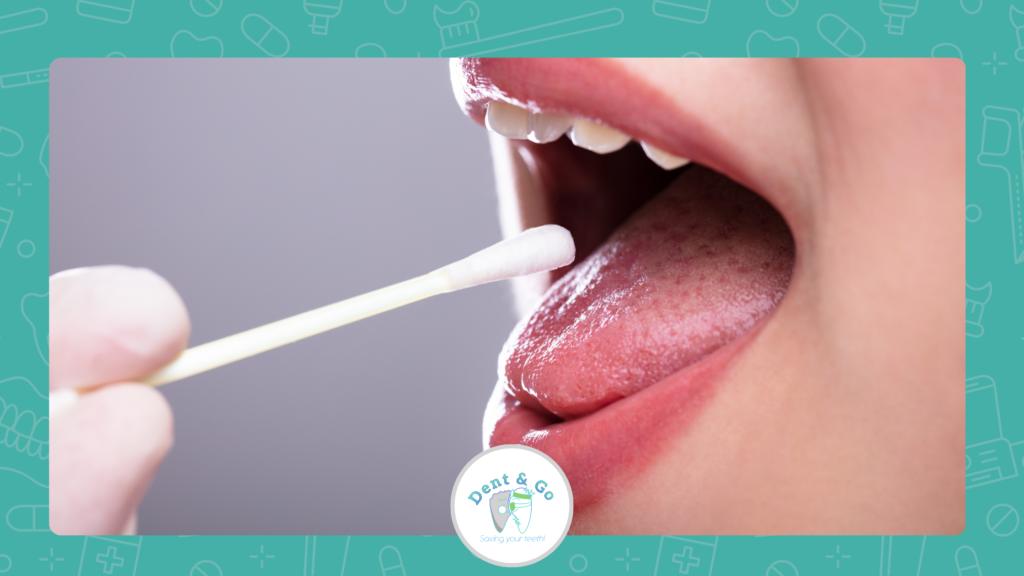According to the National Library of Medicine, saliva plays an essential role in maintaining the integrity of the oral structures, in the digestion and in controlling oral infection. This clear, slightly acidic fluid produced by the salivary glands is essential for various physiological processes that contribute to oral and overall health. Understanding the functions and importance of saliva can help underscore the need for good salivary health and address conditions that affect saliva production.
Functions of Saliva
Saliva performs a multitude of functions that are crucial for oral health:
Lubrication and Protection: Saliva keeps the oral tissues moist, preventing them from drying out and becoming susceptible to irritation and injury. This lubrication is vital for comfortable speech and swallowing.
Digestion: Saliva contains enzymes like amylase that begin the process of breaking down starches into simpler sugars, initiating digestion in the mouth.
Cleansing: The fluid helps wash away food particles and debris from the teeth and gums, reducing the risk of dental caries and gum disease.
Buffering: Saliva has a buffering capacity that neutralises acids produced by bacteria in the mouth. This helps maintain a stable pH level, protecting teeth from demineralisation and decay.
Antimicrobial Action: Saliva contains various proteins and enzymes that have antimicrobial properties, helping to control the growth of harmful bacteria and fungi in the oral cavity.
Remineralisation: Saliva is supersaturated with calcium and phosphate ions, which are essential for the remineralisation of tooth enamel. This process helps repair early stages of tooth decay and maintain enamel strength.
Taste: Saliva acts as a solvent for taste substances, enabling taste buds to detect flavours effectively. Without saliva, the sense of taste would be significantly impaired.
Healing: Saliva contains growth factors and other substances that promote the healing of oral wounds and the maintenance of healthy mucosal tissues.
Importance of Saliva
The importance of saliva in maintaining oral health cannot be overstated:
Prevention of Dental Diseases: By cleansing the mouth, neutralising acids, and promoting remineralisation, saliva plays a direct role in preventing cavities and periodontal diseases.
Comfort and Quality of Life: Adequate saliva production ensures comfort in daily activities such as speaking, chewing, and swallowing, significantly impacting the quality of life.
Protection Against Infections: The antimicrobial properties of saliva help protect the mouth from infections, which can have broader health implications if left unchecked.
Conditions Affecting Saliva Production
Several conditions can affect saliva production, leading to dry mouth (xerostomia), which can have significant impacts on oral health:
Medications: Many medications, such as antihistamines, decongestants, and antidepressants, can reduce saliva production.
Medical Conditions: Diseases like Sjögren’s syndrome, diabetes, and Parkinson’s disease can impair salivary gland function.
Radiation Therapy: Radiation treatment for head and neck cancers can damage salivary glands, leading to decreased saliva production.
Dehydration: Insufficient fluid intake or conditions causing dehydration can reduce saliva flow.
Managing and Promoting Salivary Health
Maintaining healthy saliva production is crucial for oral health:
- Stay Hydrated: Drinking plenty of water helps ensure adequate saliva production.
- Chew Sugar-Free Gum: Chewing gum can stimulate saliva flow, especially useful for individuals experiencing dry mouth.
- Avoid Tobacco and Alcohol: Both can dry out the mouth and reduce saliva production.
- Regular Dental Check-Ups: Routine visits to the dentist can help monitor salivary gland function and address any issues early on.
- Manage Underlying Conditions: Effective management of medical conditions that affect saliva production can help maintain salivary health.
Conclusion
Saliva is indispensable for maintaining oral health and overall well-being. Its multifaceted roles—from aiding in digestion to protecting against dental diseases—highlight its importance in our daily lives. Awareness of the functions and significance of saliva can lead to better preventive measures and management strategies, ensuring a healthier mouth and, by extension, a healthier body.

